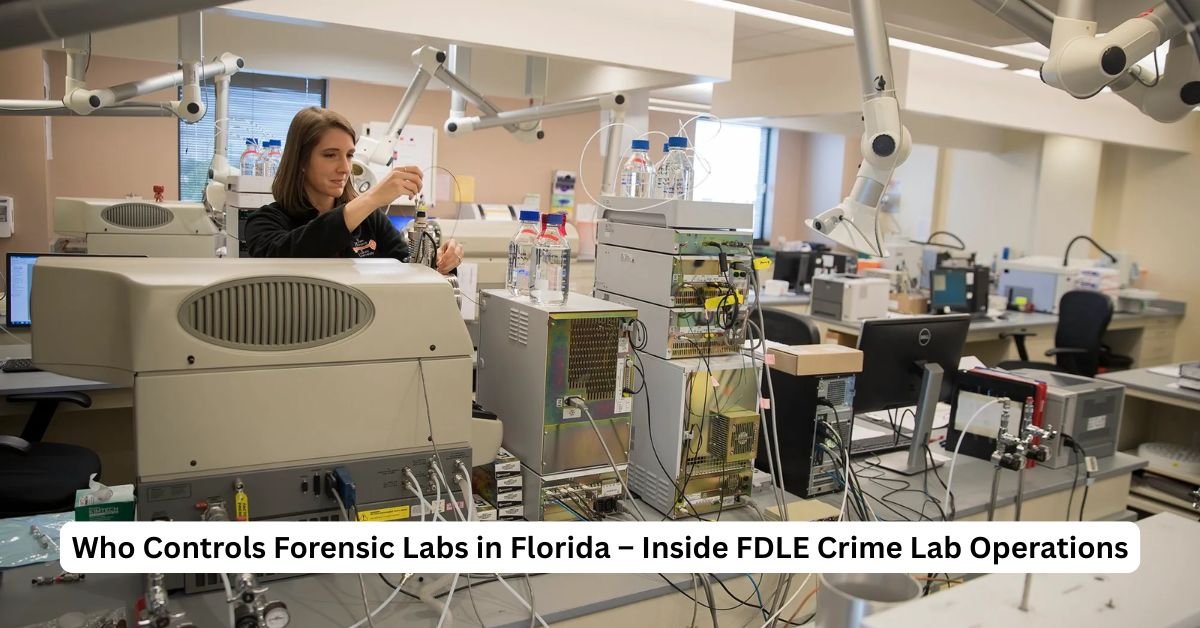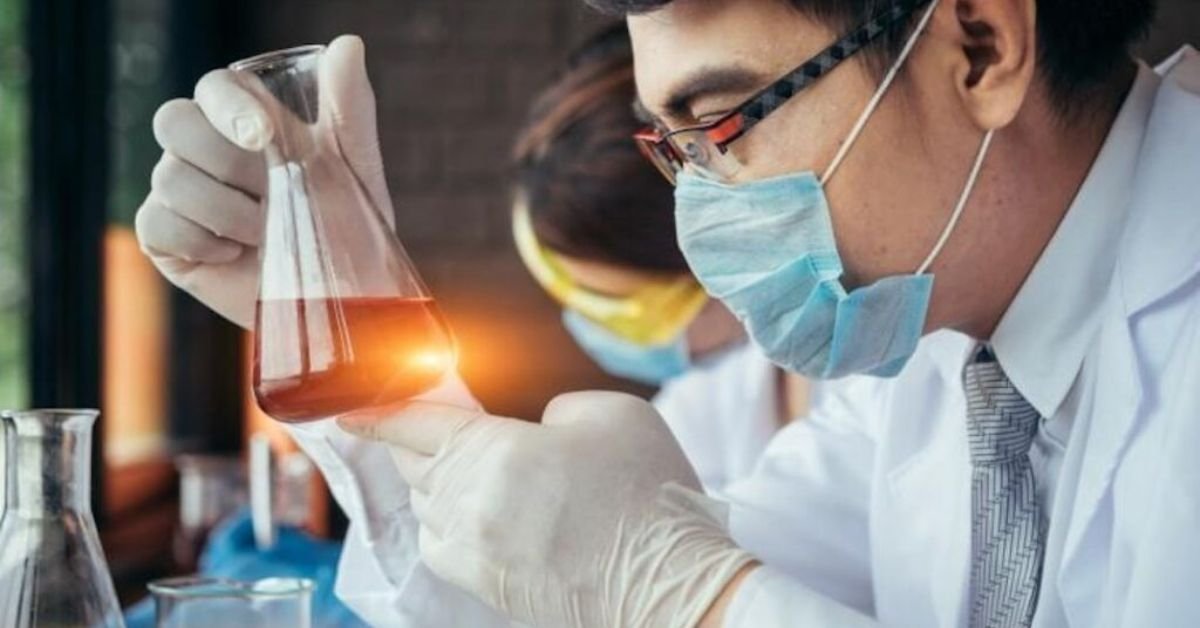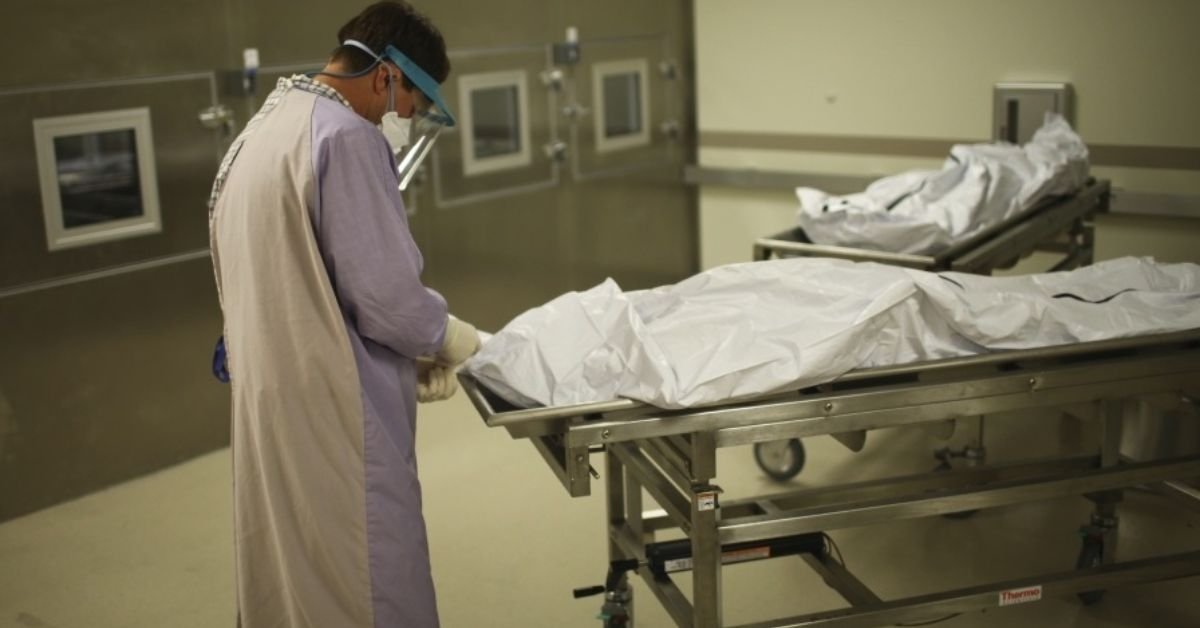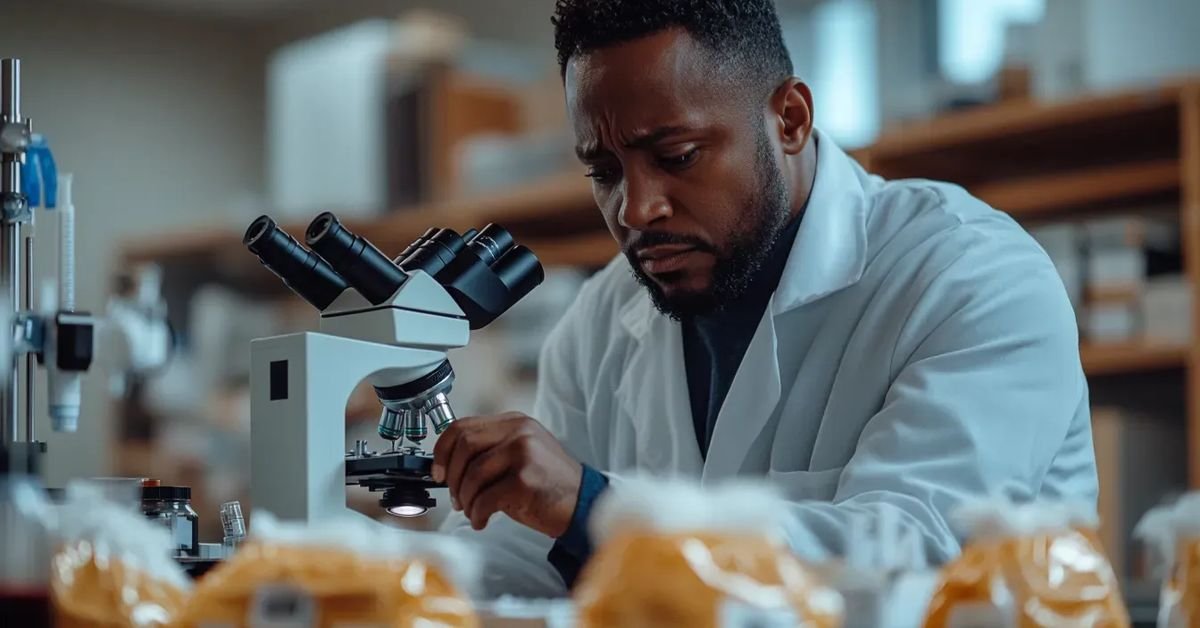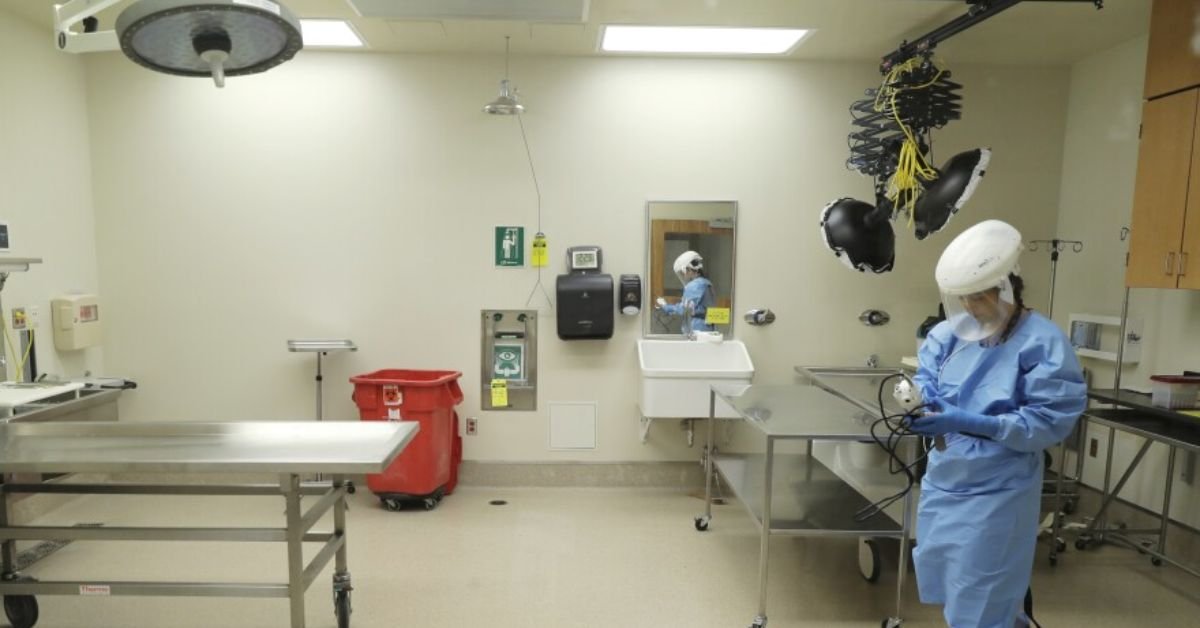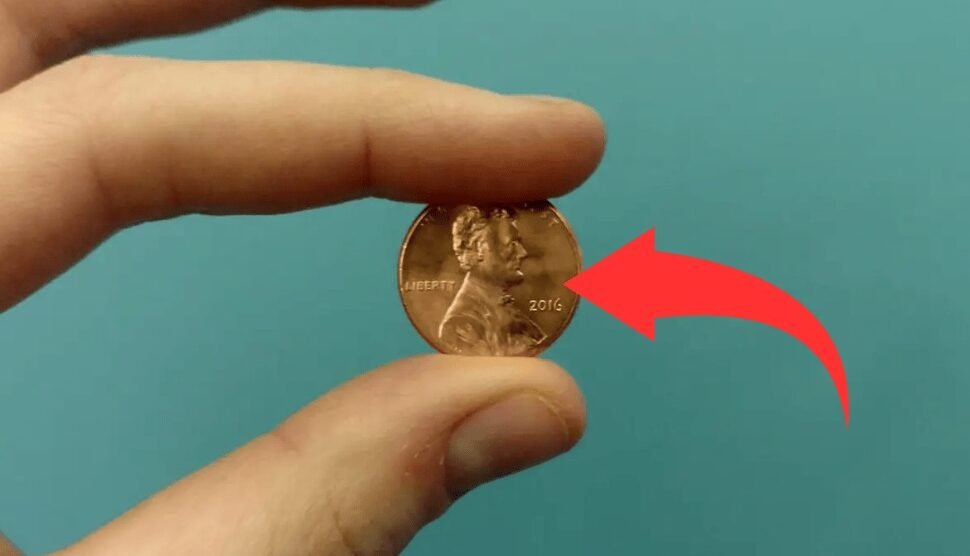Forensic laboratories play an essential role in Florida’s criminal justice system by providing scientific analysis that supports law enforcement investigations, prosecutions, and judicial outcomes. These laboratories handle complex evidence, ranging from DNA and toxicology to firearms and digital forensics. A common inquiry—“who controls forensic labs in Florida”—warrants a comprehensive review of the entities responsible for the administration, regulation, and quality assurance of these institutions. This article explains the organizational control of forensic laboratories in Florida, outlining the roles of state agencies, local authorities, statutory frameworks, and accrediting organizations.
The Florida Department of Law Enforcement (FDLE): Primary Governing Body
The primary answer to the question of who controls forensic labs in Florida is the Florida Department of Law Enforcement (FDLE). FDLE is the state-level agency tasked with managing forensic laboratory services across Florida, pursuant to Chapter 943, Florida Statutes.
FDLE operates a system of six regional crime laboratories, located in:
- Tallahassee
- Jacksonville
- Orlando
- Tampa
- Fort Myers
- Pensacola
These state-run laboratories provide forensic services to more than 400 local, state, and federal criminal justice agencies across Florida. FDLE’s Bureau of Forensic Services oversees laboratory operations, ensuring consistency, legal compliance, and adherence to scientific best practices. Services include:
- DNA analysis
- Toxicology
- Firearms and toolmark analysis
- Drug chemistry
- Latent print identification
- Digital evidence processing
- Crime scene response
FDLE’s control over these laboratories includes funding, staffing, operations, and integration with law enforcement and prosecutorial agencies statewide.
Statutory Authority: Chapter 943, Florida Statutes
Control of forensic laboratories by FDLE is legally mandated under Chapter 943, Florida Statutes, specifically sections related to forensic services and criminal investigations. The statute defines FDLE’s authority to:
- Establish and maintain forensic laboratories
- Employ forensic analysts and technicians
- Set scientific and operational standards
- Coordinate with other law enforcement entities
- Provide laboratory services at no cost to qualifying agencies
Through these legal provisions, FDLE ensures that forensic labs meet the requirements of the criminal justice system while operating within a transparent and regulated framework.
Role of Local Law Enforcement Agencies
While FDLE provides centralized forensic services, the question of who controls forensic labs in Florida also involves local law enforcement agencies. Several large counties and cities maintain independent or semi-autonomous forensic laboratories to meet local needs and manage high case volumes. Notable examples include:
- Miami-Dade Police Department Forensic Services Bureau
- Broward Sheriff’s Office Crime Lab
- Palm Beach County Sheriff’s Office Forensic Biology Unit
These local labs are controlled by their respective law enforcement agencies and funded through county or municipal budgets. Although independent in governance, they often collaborate with FDLE and may participate in shared databases such as CODIS (Combined DNA Index System), which is administered nationally by the Federal Bureau of Investigation (FBI).
In these cases, control is exercised by police chiefs, sheriffs, or public safety directors who oversee forensic personnel, budgets, and compliance.
Accreditation and Quality Assurance
Understanding who controls forensic labs in Florida also requires examining the role of accrediting bodies. Florida mandates that its forensic laboratories maintain national accreditation to ensure scientific integrity and admissibility of evidence in court.
The primary accrediting organization is the ANSI National Accreditation Board (ANAB), which provides accreditation under ISO/IEC 17025 standards for forensic testing laboratories. Accreditation covers:
- Laboratory management systems
- Staff qualifications and training
- Evidence handling and chain of custody
- Method validation and quality control
- Documentation and reporting protocols
Prior to its merger with ANAB, the American Society of Crime Laboratory Directors / Laboratory Accreditation Board (ASCLD/LAB) was the main accreditor. Labs may also seek specialty accreditations for disciplines such as toxicology, forensic biology, and digital evidence.
Although these accrediting bodies do not directly “control” labs, they enforce compliance through audits, assessments, and corrective action requirements. Laboratories found noncompliant risk losing their accreditation and, consequently, their operational credibility in legal proceedings.
Oversight by the FBI and Federal Agencies
Forensic laboratories that participate in national databases, such as CODIS for DNA or NIBIN for firearms, are subject to oversight by federal agencies such as the FBI and Bureau of Alcohol, Tobacco, Firearms and Explosives (ATF).
The FBI Laboratory Division sets standards for DNA labs contributing to CODIS, including technical protocols, software systems, and data sharing regulations. Florida’s participation in CODIS requires FDLE and local labs to adhere to strict federal requirements related to:
- Sample quality
- Data security
- Privacy protections
- Certification of analysts
This layered oversight ensures consistency and interoperability between Florida’s labs and national law enforcement resources.
Funding and Legislative Oversight
While FDLE and local agencies exercise operational control, the Florida Legislature provides budgetary and policy oversight. The legislature allocates funds to FDLE for laboratory operations, personnel salaries, infrastructure upgrades, and emerging technologies such as rapid DNA testing and forensic genetic genealogy.
In addition, legislative committees may audit lab performance, investigate case backlogs, or review forensic errors and misconduct. Such oversight is crucial for maintaining public trust and ensuring forensic laboratories in Florida operate transparently and effectively.
Professional Organizations and Peer Review
Another dimension in the discussion of who controls forensic labs in Florida involves peer-based professional oversight. Florida forensic professionals are often members of organizations such as:
- American Academy of Forensic Sciences (AAFS)
- Florida Division of the International Association for Identification (FDIAI)
- Society of Forensic Toxicologists (SOFT)
These associations promote professional ethics, continuing education, and research. They may also influence policy and practice through conferences, publications, and expert panels.
While these organizations do not directly govern forensic labs, their guidance contributes to the development of statewide standards and ethical practices.
Who Controls Forensic Labs in Florida
| Controlling Entity | Scope of Control |
|---|---|
| FDLE | State-operated labs, regional services, training, quality assurance |
| Local Law Enforcement Agencies | Independent municipal/county labs |
| Florida Legislature | Budget allocation, statutory authority, public accountability |
| ANAB (Accrediting Body) | Scientific accreditation, standards enforcement |
| FBI / ATF (Federal Oversight) | National database compliance, federal coordination |
| Professional Associations (AAFS, FDIAI) | Ethical standards, continuing education, peer engagement |
Conclusion
In conclusion, the question “who controls forensic labs in Florida” does not yield a single answer but rather reflects a multi-tiered governance system. The Florida Department of Law Enforcement serves as the central controlling body for state forensic labs, while local law enforcement agencies manage their own laboratories in larger jurisdictions. Oversight is further supported by federal agencies, accrediting bodies, and state legislative committees, each contributing to a robust and accountable forensic science infrastructure.
This multi-agency model ensures that Florida’s forensic laboratories operate with integrity, scientific rigor, and consistency, all essential for supporting fair and effective criminal justice processes across the state.
References
- Florida Department of Law Enforcement: https://www.fdle.state.fl.us
- Florida Statutes Chapter 943: https://www.leg.state.fl.us/statutes
- ANSI National Accreditation Board (ANAB): https://anab.ansi.org
- Federal Bureau of Investigation (CODIS): https://www.fbi.gov/services/laboratory
- American Academy of Forensic Sciences: https://www.aafs.org
